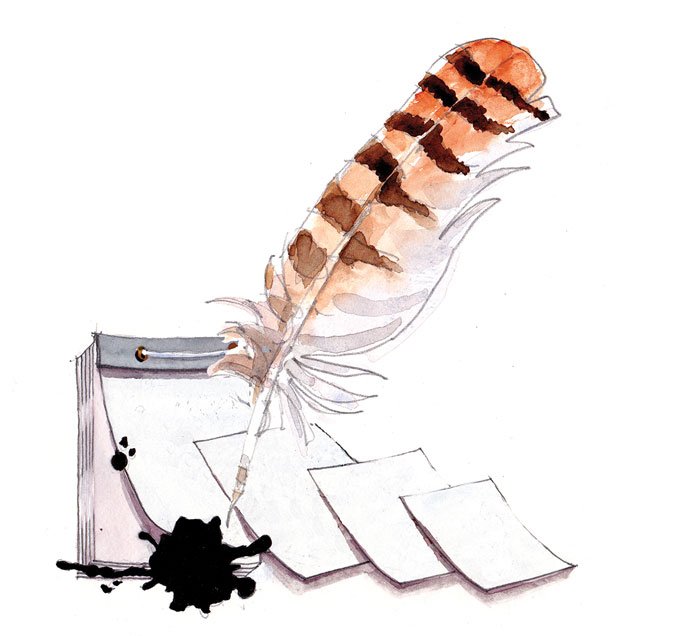History repeated itself last week in the press coverage around John Steinbeck’s death, 50 years ago, in New York City. A prophet without honor in much of his own country, Steinbeck preferred foreign travel and earned praise for writing with empathy and courtesy about foreign cultures. But the gap in volume and quality between domestic and foreign media coverage of the milestone event was shocking nonetheless. A short item about Steinbeck in The Nation noted the author’s friendship with Adlai Stevenson and identified the two-time presidential nominee as “an American politician,” presumably for the benefit of Americans with short memories. In England, by contrast, Martin Chilton’s profile of Steinbeck for The Independent was the best writing of the year on the author, with the essay on Steinbeck written by Daniel Rey for The New Statesman, comparing Donald Trump to Cyrus Trask, a close second. Press coverage in Ireland included a trio of feature articles about Steinbeck’s Irish roots; Steinbeck’s French connection was the subject of stories in six Paris publications; and an array of newspaper reports appeared in democracies with a similar claim on Steinbeck’s affection, including Italy, Spain, Poland, and Germany. Press coverage in Turkey was surprisingly robust, though the silence from Russia—another authoritarian state with a claim on Donald Trump—was as deafening as the sound of one hand clapping at The Nation, for an author whose death 50 years ago followed the election of Richard Nixon, another Cyrus Trask.



I believe that much of the problem should be attributed to USA’s failure to properly dignify the subjects of humanities, philosophy, and its daughter, psychology in education. In the majority of cases such subjects are treated as electives offered merely for extra credit.
We shamefully worship engineering and technology. Future lawyers concentrate on thinking and ignore the other functions used in cognition. What is presented in the USA as psychology is only statistical studies of observable behavior and not scientific at all.
The science of understanding relationships between individuals and the individual’s role, contribution, and threat to the community seems to be pure guesswork instead of science as Steinbeck demonstrated. The necessary concepts and language to understanding the individual as Steinbeck and Ricketts is almost completely ignored, yet we still grand under graduate, graduate, and PhDs in psychology. We are so far behind in these fields it is easy for me to understand how Steinbeck would be celebrated in more advanced nations.
Why else would we elect a fellow only able to speak gibberish at a fourth grade level to become the president of the USA? We would because a sizable number of the voting public doesn’t kknow any better.
I especially enjoyed Martin Chilton’s piece. Thank you!
We are a very young nation…